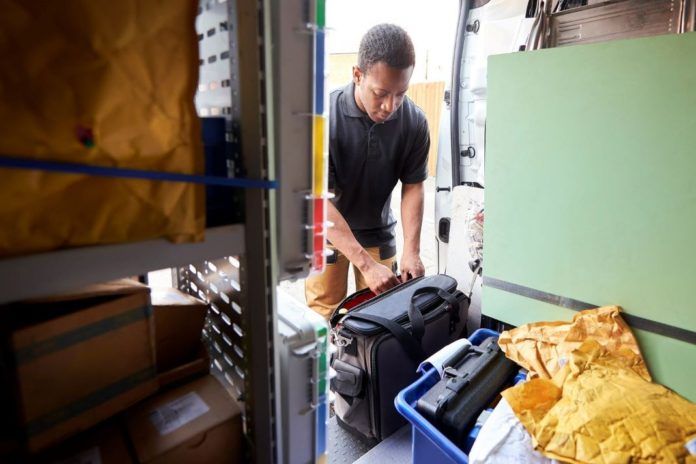
MCS, the national standards organisation for domestic renewables, said it is working with a diverse employer group to facilitate the development of an industry led “Low Carbon Energy Apprenticeship”.
Its programme will look to train the next generation of renewable installers “to help meet ambitious carbon reduction and climate change targets set by government”.
MCS said it recognised the need to invest in the training and upskilling of 44,058 heat pump installers needed by 2035, to achieve widescale deployment and close the skills gap.
The new low-carbon apprenticeship will be a level 3 qualification covering the fundamentals of low-carbon heating technologies, with key topics including common installation processes and planning, and technology specific theory and practical assessments.
Minister for apprenticeships and skills, Gillian Keegan MP, said: “The creation of a new Low Carbon Energy Apprenticeship will ensure employers can access the skilled workforce needed to help the country build back greener after the pandemic. MCS is helping to set the standards for the industry, providing the vital skills and opportunities required to be at the forefront of the Green Industrial Revolution.
“Apprenticeships are a fantastic way to learn while you earn, opening up new career paths that can change lives. They will play a vital role in our Plan for Jobs, helping to create and protect jobs as we build back better in 2021 and beyond.”
Ian Rippin, chief executive officer at MCS, said: “MCS is delighted to be involved with the development of an apprenticeship built for a green future, which will create the right skills and environment for our industry to grow. This new apprenticeship is a move in the right direction, to ensure that renewable training is accessible for all. It will bridge the gap for businesses looking to upskill and invest in their workforce, while encouraging a new wave of installers into the sector.
“Through this apprenticeship, we are hoping to help diminish some of the barriers that existing engineers are currently facing when looking to expand into low-carbon heating, including difficulty finding dedicated courses and courses that then meet the needs of the installer.”
